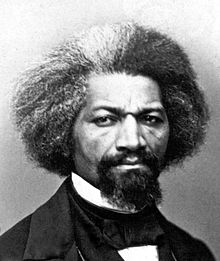 |
| 25th President, McKinley |
1. To stop the inhuman behavior and horrible bloodshed.
2. For the American Citizens in Cuba, they must be protected because the Cuban government is too weak to protect them.
3. The effect the war had on trade and commerce in America, causing the economy to fluctuate.
4. Cuba is so close to us, and we see it in harm so we must protect them which will not only save them now, but help us in the future.
McKinley continues by stating that the Maine, an American ship, was destroyed, making it obvious that although America wants to stay neutral, it is being pulled in, whether they like it or not. He finally states that it is up too congress on whether to enter the war or not, and he will leave it up to them for making the decision.




